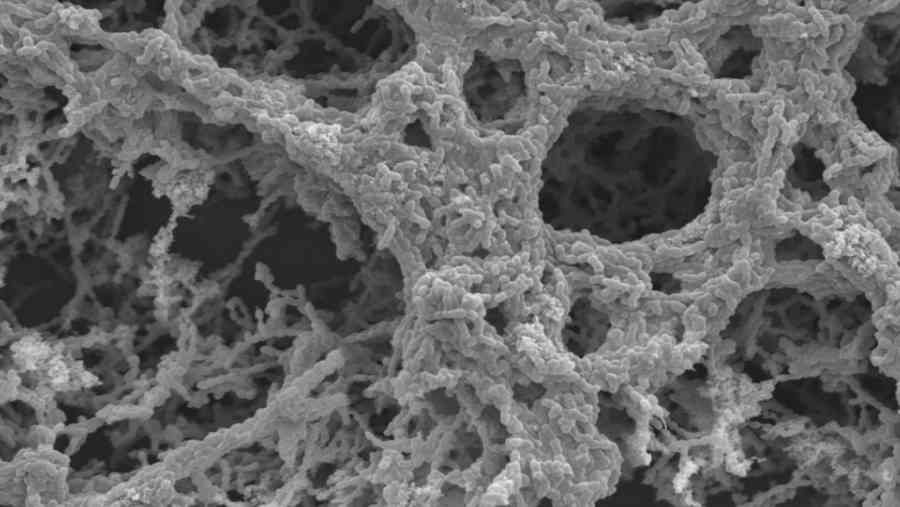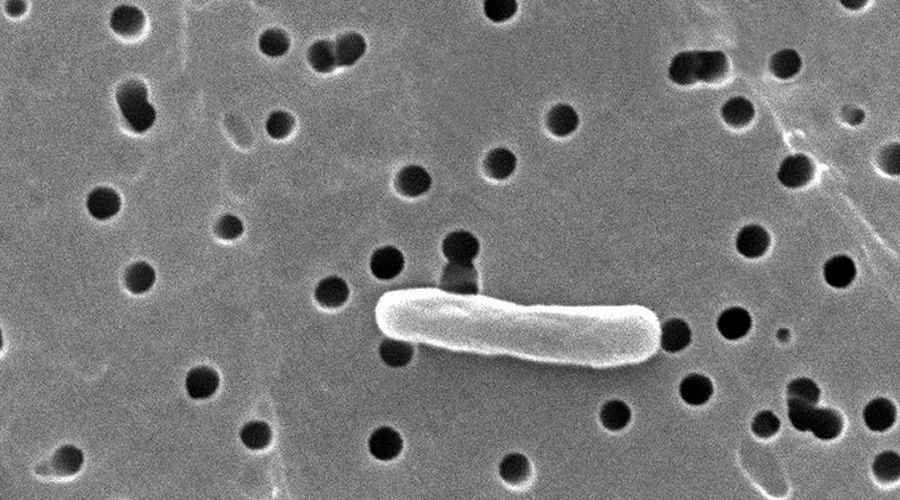Smog affects the effectiveness of antibiotics
Researchers at the University of Leicester have found that smog increases the potential for infection-causing bacteria dróg respiratory. This affects the effectiveness of antibiotic treatment.
Scientists have observed that carbon particles present in polluted air from incomplete combustion of fossil fuels, biomass and biofuels affect the behavior of bacteria that cause g infectionsórnych dróg respiratory. The changes are primarily in the way colonies form in the mucosa, but it is also changing howób, in which the microorganisms grow.
The changes noted by the researchers may affect the potential for diseaseórczy of bacteria. They can live longer and fight better against the human immune system.
– Our research will help understand this new mechanism of how pollution affects our bodies – said Dr. Julie Morrissey of the University of Leicester.
The scientists looked at the headównie bacteria living in the górious respiratory tract: in the nose, throat and lungs. Detailedólnie focused on twoóch bacteria: staphylococcus aureus and the pneumonia bug. Both bacteria show significant resistance to antibiotics. Researchers have observed increased bacterial resistance to antibiotics under the influence of polluted air. On top of that, black soot facilitates the passage of bacteria to other parts of the dróg breathing, which increases their striking power.
Scientist’s researchów of Leicester were published on the magazine "Environmental Microbiology".
SourceóSource: Environmental Microbiology, University of Leicester. Photo shows a colony of pneumonia coli on black soot. Photo. University of Leicester.





